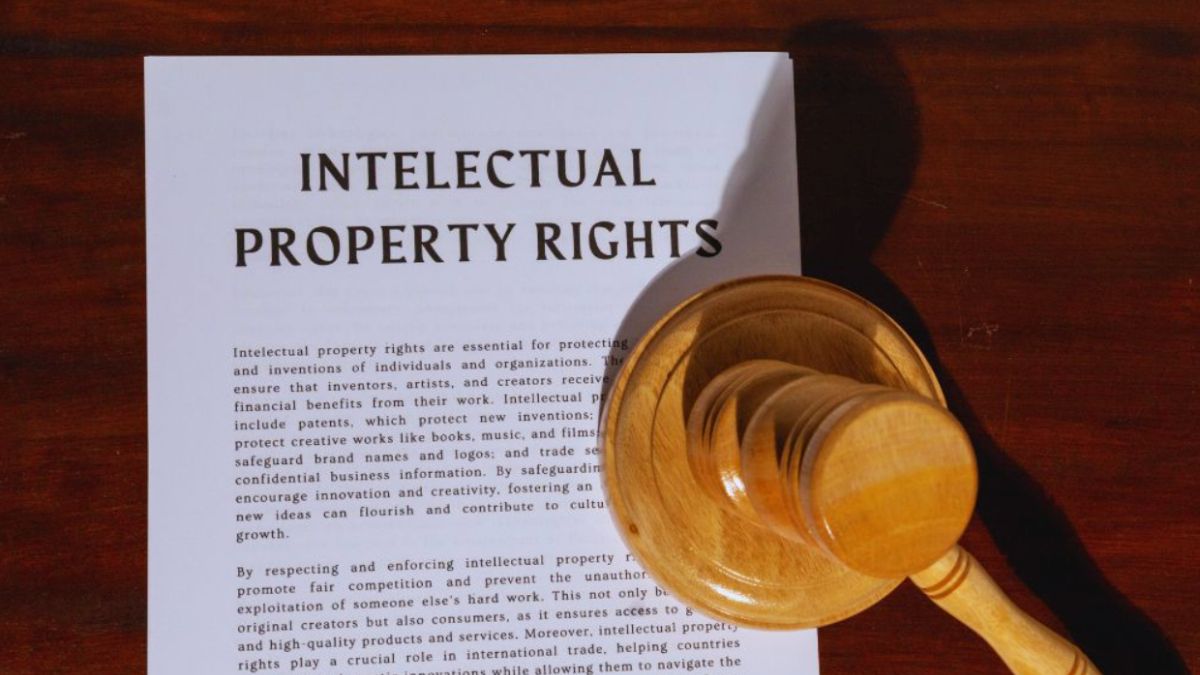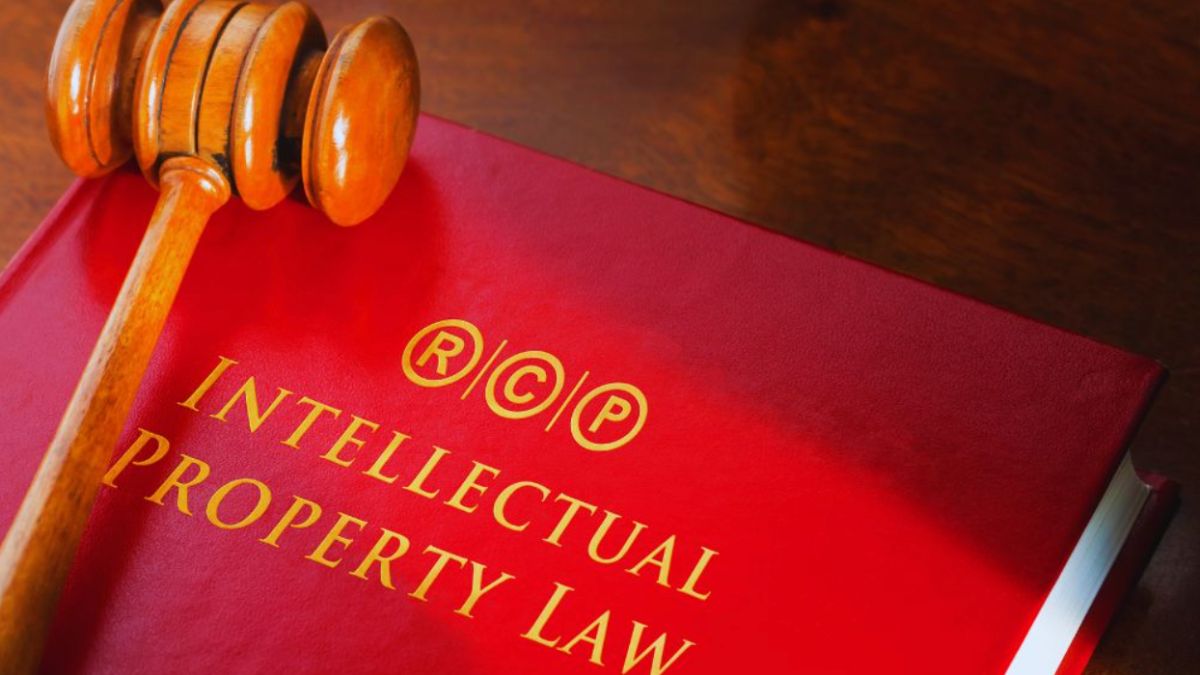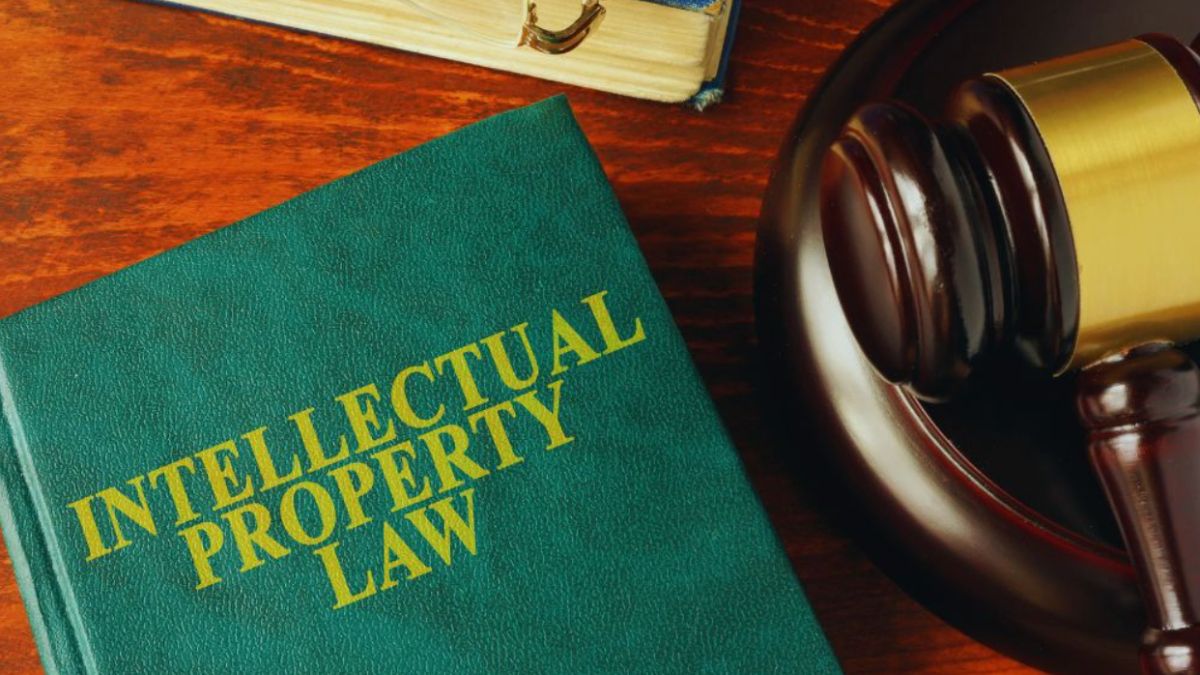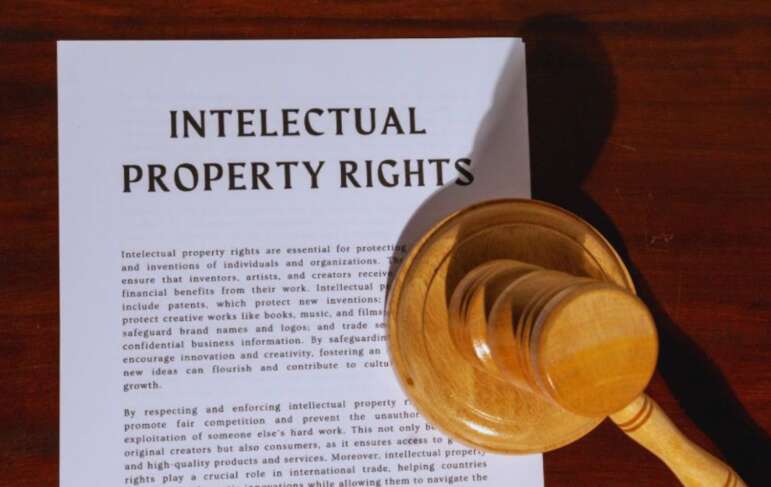Table of Contents
ToggleProperty Rights Law
Owning a property can be exciting, but it also comes with many challenges. You might worry about unclear property boundaries or question whether you can use a neighbor’s driveway. These concerns can create stress, confusion, and even disputes. Many landowners are not completely aware of their legal rights, which might result in expensive disputes or legal issues. However, understanding property rights law not only empowers you but also serves as a safeguard against these problems. It provides the knowledge you need to defend your property, make wise decisions, and steer clear of needless disputes by outlining ownership, boundaries, and usage. Learning about property rights law gives you confidence and security in your ownership.

At Fraser Law Firm, LLC, we understand the complexities of property ownership. We focus on helping property owners protect what matters most—their homes, land, and investments. With our deep understanding of property rights law, we guide clients through disputes, legal documents, and the intricate rules that govern ownership. We recognize the significance of peace of mind when safeguarding your property, and we are here to provide the support you need, so you can rest easy knowing your rights are protected.
Call Fraser Law Firm, LLC at (843) 681-9111 Today!
What Is Property Rights Law?
Property rights law is the set of rules that explain your ownership and control of your property. Property can be real estate, like a house or land, or sometimes things you own, like a car or personal belongings. When you own property, the law gives you certain rights about how you can use, control, and transfer it. These rights are important because they protect your ownership and help you avoid problems with others.
There are different kinds of property rights under the law. For example, you have the right to live on your property, rent it out, sell it, or even decide what happens to it after you are gone. These rights are often described as a bundle of rights. Property rights law also covers important details like property boundaries, easements (which let others use part of your property), and rules about how you can use your land.
The Key Rights for Every Property Owner
Right of Possession
The right of possession is a cornerstone of property ownership, granting you legal ownership and control over your property. As long as you abide by the law, you can live on it, build on it, or keep it as an investment. This right establishes that the property legally belongs to you, subject to certain applicable laws (e.g., liens, taxes, foreclosure, or eminent domain), providing a strong foundation for your ownership.
Right of Control

The right of control allows you to decide what happens on your property, within legal limits. You can make changes, add improvements, or use it for personal or business purposes as permitted by law. However, this right is not unlimited, since zoning laws, building codes, and homeowners’ association rules may restrict certain actions. Still, it gives you significant authority over how your property is managed and used.
Right of Exclusion
The right of exclusion means you can decide who enters your property. Unless there are legal reasons—such as police action or utility access—others cannot step onto your land without permission. This right protects your privacy and helps prevent trespassing or misuse. It empowers you to control access, whether that means inviting guests, renting space, or keeping unwanted visitors away from your property.
Right of Transfer
The right of transfer allows you to sell, gift, or pass your property on to heirs. It means you have the authority to decide who takes ownership when you no longer wish to hold it. Transfers can happen during your lifetime through sales or gifts, or after death through a will or trust, subject to state probate or trust administration laws that govern inheritance and ownership transfer. This right enables your property to be part of your financial or family planning.
Right of Enjoyment
The right of enjoyment gives you the ability to use your property in ways that are legal and respectful of others. It might include hosting events, relaxing outdoors, or using the land for hobbies. It protects your freedom to enjoy the property without interference, as long as your activities do not break the law or harm neighbors. This right supports comfort, privacy, and personal satisfaction in ownership.
Common Issues in Property Rights Law
Boundary Disputes
Boundary disputes happen when neighbors disagree about where property lines are located. Boundary disputes in South Carolina often require review of recorded plats, updated surveys, and attempts at agreement between neighbors. When disputes cannot be resolved informally, legal action may be needed—such as a civil lawsuit requesting a judicial determination of boundaries. This confusion can stem from old surveys, unclear deeds, or physical barriers like fences or trees crossing property lines. Such disputes often cause tension between neighbors and may require updated surveys or legal action to resolve. However, with clear and comprehensive documentation, you can be prepared and proactive, protecting your ownership rights and preventing misunderstandings about how much land each person truly owns.
Easements
Easements in South Carolina permit others to use part of your property for a defined purpose, such as driveway access or utility installation. Common types include express (written), implied (based on necessity or prior use), and prescriptive easements, which may arise from long-term, open, continuous, and adverse use of the land without the owner’s permission. Prescriptive easements require at least twenty years of such use under South Carolina law. While they are common, easements can cause problems if they are not clearly explained in legal documents. A neighbor using your driveway or a company installing pipelines may have lawful rights, but misunderstandings occur when boundaries are unclear. Knowing easement rules helps prevent conflict and protect your property.
Title Issues
Title issues in South Carolina may occur if ownership documents such as deeds are inaccurate, contain errors, or lack proper recording. Disputes over ownership can result if these matters are not addressed. South Carolina law requires that real property transfers be recorded at the local Register of Deeds. Title searches and title insurance are recommended to help identify and prevent such problems before purchase or sale. Title searches during property sales often reveal these problems. Resolving them is important because a clear title gives property owners confidence and legal protection over their investment.
Zoning Laws
Zoning laws are rules created by local governments that dictate how property can be used. They may control whether land is residential, commercial, or agricultural, and they often restrict construction, additions, or business operations. Property owners who do not comply with local zoning rules may be subject to code enforcement, including potential fines or orders to modify or discontinue improper land use. Penalties and procedures are determined by local ordinances in South Carolina. Understanding zoning laws before making changes helps avoid penalties and keeps property use legal and appropriate.
Adverse Possession
Adverse possession is a legal concept where someone claims ownership of land they have openly and continuously used without permission for many years. This situation often arises when property lines are unclear, and a neighbor treats part of your land as their own. In South Carolina, a successful adverse possession claim requires the occupant to maintain actual, continuous, open, notorious, exclusive, and hostile possession of the property for at least ten consecutive years. Additionally, the occupant must have a color of title throughout the statutory period. Paying property taxes can strengthen the claim, though it is not required by law. To avoid adverse possession claims against your property in South Carolina, monitor its use, address unauthorized occupation promptly, and consult a local attorney if you notice long-term, unpermitted use of any part of your land.
How Property Rights Law Protects You
Property rights law provides important protections that help you maintain control of your property. For example, if someone enters your land without permission, it could be considered trespassing, and your right of exclusion allows you to take action. When disputes arise—such as conflicts over boundaries, easements, or ownership—the law offers solutions through negotiation, mediation, or even court if necessary. Property rights law also allows you to strengthen protections with tools like title insurance, which can guard against hidden claims, errors, or past issues in legal documents that might otherwise put your ownership at risk.
Frequently Asked Questions
What Are the 5 C’s of Contract Law?
The 5 C’s are general principles used to better understand basic contract law concepts, but they do not represent official legal standards or tests under South Carolina law. They are: Capacity (legal ability to make a contract), Consent (agreement by all parties), Consideration (something of value exchanged), Clarity (clear and understandable terms), and Compliance (following the law). These concepts support creating strong and enforceable contracts.
What Are the Four Stages of Contract Law?
Contracts progress through four stages: Offer (a party proposes terms), Acceptance (the other party agrees), Consideration (both exchange something of value), and Performance (both complete their obligations). These steps provide a clear framework, though their application varies based on South Carolina law and case specifics.
What Is the Meaning of Contract Planning?
Contract planning means preparing and organizing contracts carefully to avoid problems, reduce disputes, and follow the law. It includes writing clear terms, defining responsibilities, spotting risks, and setting ways to track deadlines. Good contract planning protects everyone involved and helps contracts serve as helpful tools, not sources of conflict.
Property Rights Law

Property ownership is one of the most meaningful ways to build stability and financial security. However, without understanding property rights law, you may face serious risks such as boundary disputes, unclear titles, or unexpected legal conflicts. These challenges can create stress, drain your finances, and even put your property at risk. Taking steps to protect your ownership is critical for safeguarding your investment and avoiding unnecessary problems.
At Fraser Law Firm, LLC, we work with property owners to resolve disputes, manage property transfers, and handle the legal details that often confuse. With our guidance, you gain the confidence to move forward knowing your rights are protected. Whether you are buying, selling, or defending your property, we are here to help every step of the way.
Call Fraser Law Firm, LLC at (843) 681-9111 Today!
The Fraser Law Firm, LLC-Estate Planning and Probate Attorney
Disclaimer: This article provides general information and does not serve as legal advice. For legal concerns, consult a licensed attorney. Viewing or interacting with this content does not create an attorney-client relationship. This includes submitting a form, leaving a comment, sending a message, making a call, or leaving a voicemail. Laws may vary by jurisdiction. Laws are subject to change; always verify current legal requirements with a qualified professional.
© All Rights Reserved.

Denny Fraser has made Hilton Head Island and the Lowcountry of South Carolina home for his family since 1973. After many successful years working in the construction industry, Denny enrolled in the University of South Carolina School of Law in 1997, and earned the degree of Juris Doctor In 2000.




